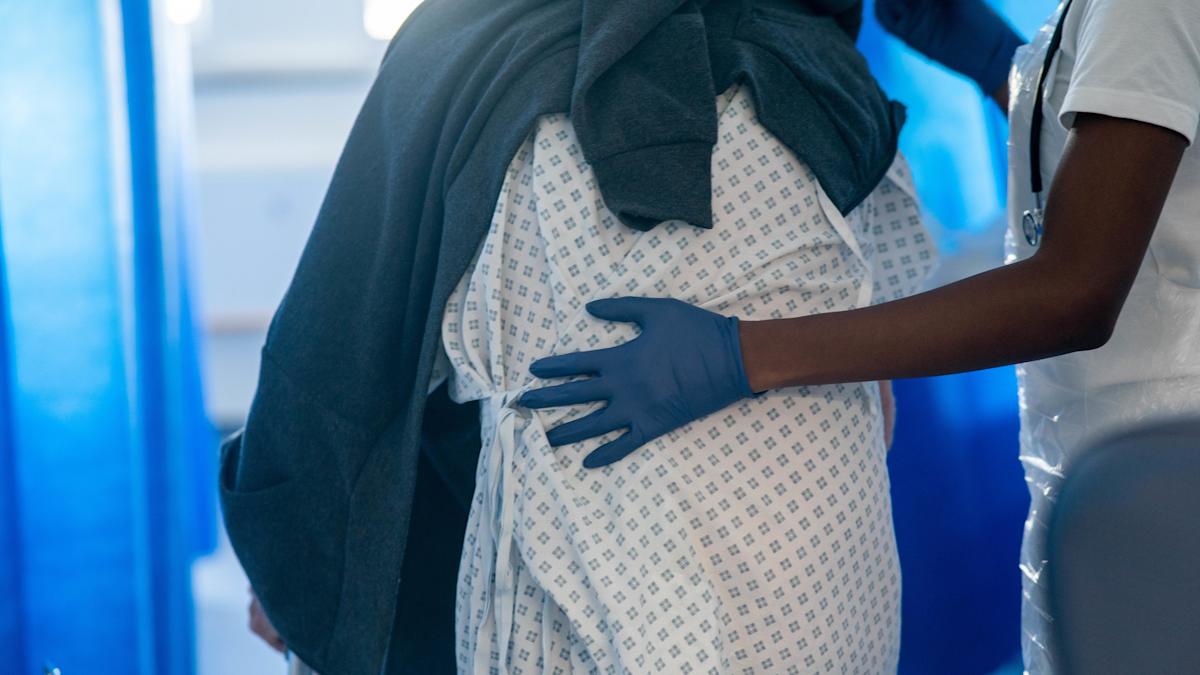A researcher at a Scottish university has developed AI tools that could give people in remote areas of the world access to fast and potentially life-saving skin cancer diagnoses.
Tess Watt, the PhD student at Heriot-Watt University in Edinburgh who led the project to develop the technology, said it is intended to enable early detection of skin conditions anywhere in the world, and without the need for direct access to dermatologists.
The technology also works without internet access.
The system involves a patient taking a photograph of their skin complaint using a small camera attached to a Raspberry Pi device – a cheap, energy-efficient handheld computer that is capable of storing vast amounts of information.
The photograph is analysed in real-time using the latest state-of-the-art image classification, comparing it to an enormous dataset of thousands of images stored on the device to reach a diagnosis.
The findings are then shared with a local GP service to begin a suitable treatment plan.
The project is understood to be the first of its kind to combine AI medical diagnosis with the aim of serving remote communities.
Ms Watt explained: “Healthcare from home is a really important topic at the moment, especially as GP wait times continue to grow.
“If we can empower people to monitor skin conditions from their own homes using AI, we can dramatically reduce delays in diagnosis.”
A prototype of the device has already been demonstrated at Heriot-Watt’s advanced health and care technologies suite.
The research team said the tool is up to 85% accurate in its diagnostic capabilities, but they hope to increase this further by gaining access to more skin lesion datasets, aided by advanced machine tools.
Ms Watt is also in talks with NHS Scotland to begin the ethical approval process for testing the technology in real-world clinical settings.
“Hopefully in the next year or two, we’ll have a pilot project under way,” she said, noting medical technology often takes years to move from prototype to implementation.
She added: “By the time I finish my PhD, three years from now, I’d love to see something well into the pipeline that’s on its way to real-world use.”
The university said the long-term vision is to roll the system out first across remote regions of Scotland, before expanding to global areas with limited access to dermatological care.
It added the technology could also offer vital support to patients who are infirm or unable to travel, allowing loved ones to assist with capturing and submitting diagnostic images to GPs.
Ms Watt’s academic supervisor, Dr Christos Chrysoulas, said: “E-health devices must be engineered to operate independently of external connectivity to ensure continuity of patient service and safety.
